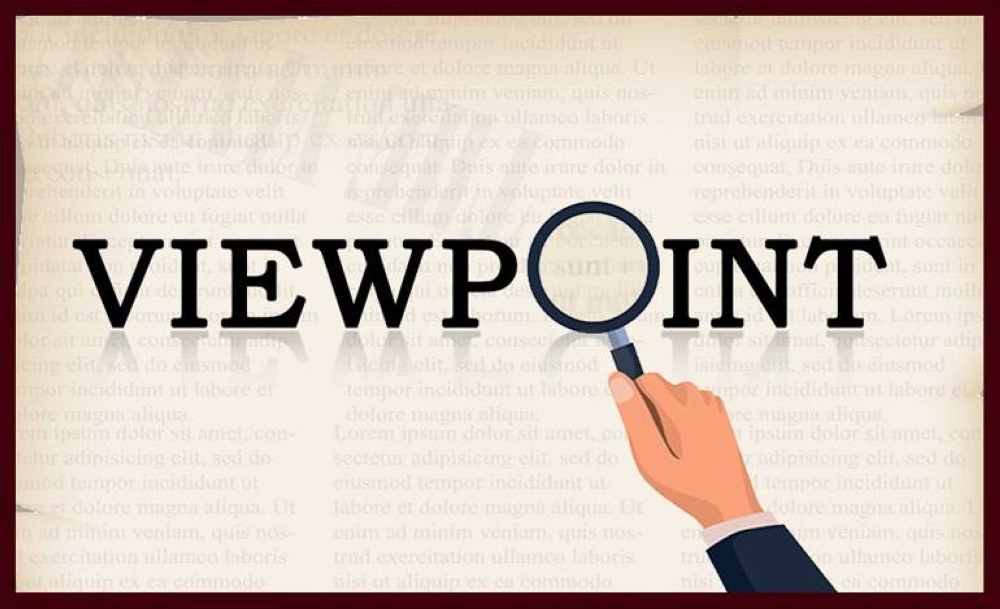Amid a cascade of intertwined challenges, including public-health emergencies, climate change, and violent conflict, that threaten to reverse decades of hard-won development progress, the World Bank has introduced an Evolution Roadmap to boost efforts to reduce poverty and inequality. Crucially, the unified and scaled response called for by Bank President Ajay Banga includes leveraging knowledge to help countries make more informed and effective decisions.
While best known for its financial services, the World Bank has a long history of researching and disseminating the lessons of development. In 1996, then-president James D Wolfensohn, recognising the potential of the information-technology revolution, urged the institution to function as a “Knowledge Bank.” He emphasised that the World Bank’s relationships with governments and international organisations would allow it to play a leading role in new global partnerships for creating and sharing knowledge. So long as it invested in the necessary systems, the bank would be able to make more and better information available to its client countries.
Since then, the World Bank has offered both financial support and knowledge services, including technical assistance, training, capacity-building, policy advice, and data analysis. In fact, many clients consider these services – which capitalise on the bank’s vast experience, sectoral expertise, and wide array of data sources – to be as valuable as the financial assistance provided by the institution, if not more so.
But, to become a fully-fledged Knowledge Bank, the World Bank still needs to build these services into its operating processes and develop a model that supports the creation and dissemination of information as a standalone activity. This is crucial to improving the effectiveness and relevance of its knowledge initiatives.
Moreover, the bank must ensure that it is providing client countries with the knowledge they need. Three areas have been identified in which clients could use more guidance. Fortunately, the bank can mostly fill these gaps with its existing knowledge services and products.
For starters, client countries need to know how to use financial resources more efficiently to create projects or programmes that have the largest multiplier effects and serve as many beneficiaries as possible. For example, a successful mangrove-rehabilitation project in Indonesia could be a model for other countries seeking to improve the welfare of local communities, support small and medium-size enterprises, and generate revenue through carbon credits in a transparent way.
Countries also require a better understanding of how to align domestic priorities with climate and development goals, which is essential for accelerating the green transition, broadening crisis-response toolkits, and strengthening climate resilience. According to the International Monetary Fund, delaying the transition to a low-emissions economy could impede GDP growth. But so far, striking the right balance between meeting environmental and social targets and pursuing an agenda for domestic development has been a challenge for many of the bank’s clients.
Lastly, there is the question of how to sustain strong, balanced, and inclusive economic growth by mobilising private capital and boosting investment. To address this challenge, the Bank could provide systematic country assessments and international comparisons of good practices or lessons learned, which would likely contribute to poverty alleviation and shared prosperity.
Over the past 25 years, the World Bank has developed the capacity to address such questions. Its World Development Report, published in 1998, recognised that knowledge, not capital, is the key to sustained economic growth and focused on two main issues: knowledge gaps (the unequal distribution of know-how within and across countries) and information gaps (incomplete knowledge of products, processes, and institutions). The bank’s inaugural report assessing the state of its knowledge services, published in 2011, provided a comprehensive overview of the institution’s efforts to overcome these problems. Later, in 2021, the bank established a strategic framework for knowledge.
Opinion
Banking on the World Bank’s knowledge
The World Bank has a long history of researching and disseminating the lessons of development

